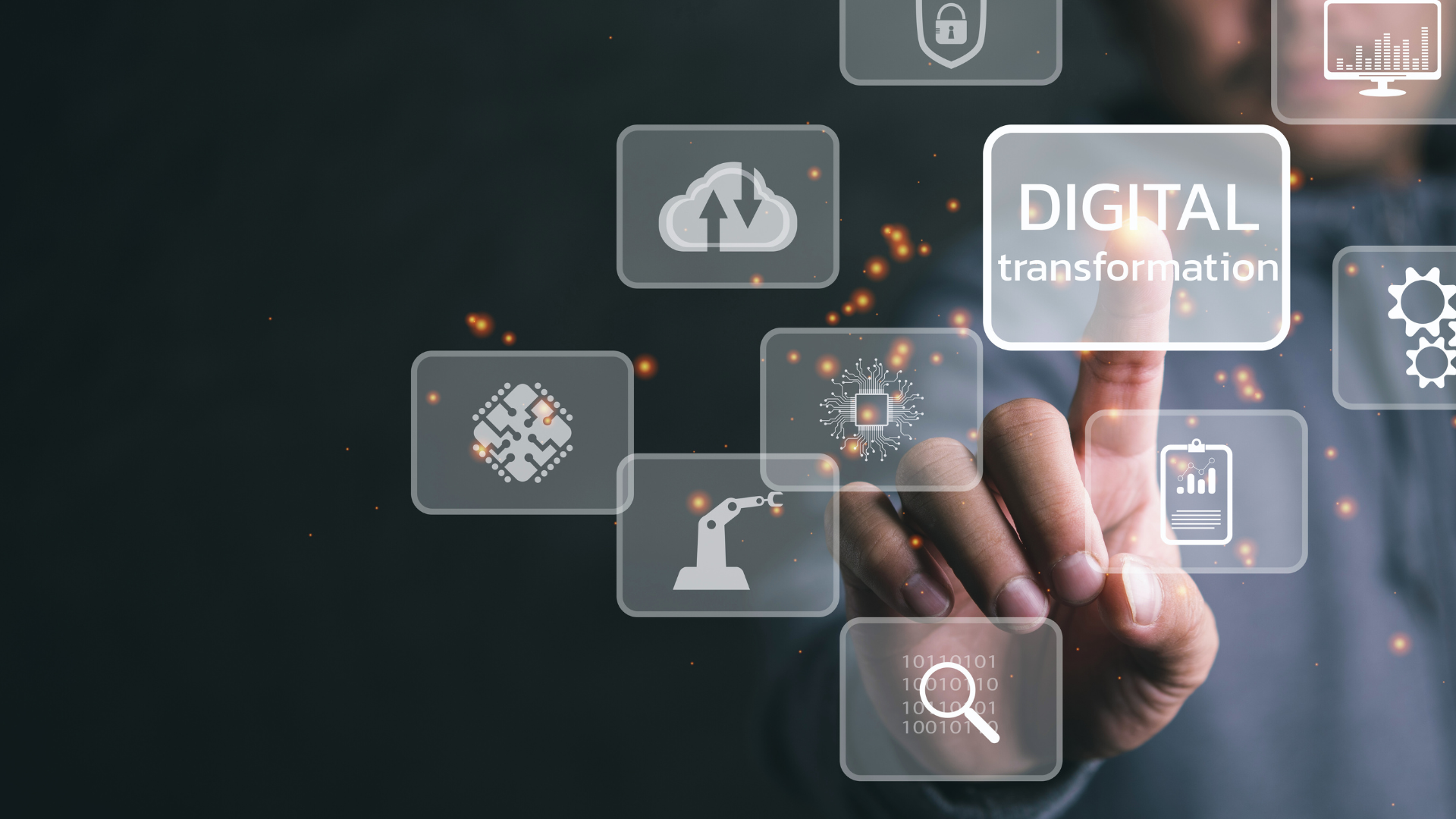Did you know that 88% of businesses see cybersecurity as a risk to their organisation? Technology has provided organisations with incredible benefits. Yet, it also comes with disadvantages, as people can exploit vulnerabilities. Like cancer, cybersecurity threats can spread throughout your company’s infrastructure. The number of attacks on businesses is only growing. This is due to cybercriminals increasing their use of AI to create attacks.
A cybersecurity threat can come. It is your responsibility as an administrator to provide security. Keep reading to learn about the top cybersecurity threats facing businesses today!
Malware
Malware is a term used to describe malicious software (malicious code or malicious programs) used to damage or steal data from a computer system. It includes computer viruses, worms, trojan horses, and spyware. It can be sent to a user’s email, downloaded from the internet, or installed on the computer system. It is one of the top cybersecurity threats facing businesses today. It can steal data from a network or individual computer, delete data, alter data, or disrupt the normal functioning of a computer system.
Malware can even spread to other computer systems. Companies must take measures to protect themselves from this malicious threat. This may include the implementation of antivirus software, as well as firewalls, intrusion detection systems, and other security measures. One way to ensure this happens would be to consider engaging a comprehensive it service as it can effectively deploy and manage these security solutions. These services may often offer tailored protection strategies that prevent malicious code from entering the networks of companies and ensure continuous monitoring and updates to defend against evolving threats.
Ransomware
Ransomware is a type of malicious software that targets computers and mobile devices. Once it infiltrates a computer, it encrypts sensitive information, preventing access. To regain access to their files, victims are typically asked to pay a ransom, often in cryptocurrency. Ransomware often spreads through malicious emails that can bypass traditional antivirus software and other security measures. Therefore, businesses need robust cybersecurity strategies, including multi-factor authentication, malware scanners, and regular backups. This will mitigate the risks associated with ransomware. In addition, businesses can also think of taking the help of cybersecurity firms, like Altoverra (https://altoverra.com) or other similar entities. These professionals will more often than not, have specialized software that can not only combat ransomware but a whole bunch of other threats as well.
Identity Theft
Identity theft happens when an individual or group of individuals gain access to someone’s personal information. It consists of name, address, Social Security number, credit card or bank account numbers, or passwords. This information can then gain access to other accounts. They can buy items or otherwise commit financial fraud. When someone’s identity is stolen, it can lead to a loss of reputation, financial losses, identity fraud, and other types of fraud. To help protect businesses, have strong security measures in place. Specifically, businesses should install anti-virus software, firewalls, and encryption technology. And for those looking to enhance their network security through wireless solutions, a look into resources like this one highlighting key elements of Meraki vs Aruba for Wireless LAN can provide valuable insights. This can help to make a more informed choice regarding firewall protection and overall network security.
Data Breaches
Data Breaches occur when an authenticated attacker gains unauthorised access to a company’s data or system and can extract or tamper with its contents. It can affect a company’s operations, brand reputation, and customer trust and loyalty. There is a wide range of causes for data breaches. These are weak passwords, unpatched systems, and a lack of encryption. Also, it can be a lack of proper multifactor authentication and malicious software or code embedded in a company’s systems. Businesses must take steps to protect their networks and data from cyber-attacks. They must install strong cyber-security systems and processes. They should train their employees and conduct regular risk assessments.
Social Engineering
Social engineering involves using deception techniques. This involves phishing and Baiting. It manipulates people into divulging confidential information or committing malicious acts. People are the weakest link in any cyber security system. With this, social engineering exploits this vulnerability. Attackers can gain access to private accounts, networks, or systems by exploiting human behaviour. It includes failing to follow certain procedures, poorly chosen passwords, and careless handling of sensitive data.
Social engineering attacks are difficult to detect and are becoming increasingly sophisticated. The attackers look for new methods to manipulate unsuspecting victims. Businesses should take proactive steps to protect their data and employees’ accounts from such attacks. They must put in place effective physical and technical controls.
Knowing These Cybersecurity Threats Facing Businesses Today
As an entrepreneur, it’s crucial to recognize the seriousness of cybersecurity threats and take proactive steps to protect your business. In today’s digital landscape, the risks posed by cyber-attacks such as malware, ransomware, identity theft, data breaches, and social engineering are ever-present and can have devastating consequences for businesses of all sizes.
Malware, including viruses, worms, and trojans, can infiltrate your systems and wreak havoc on your data and operations. Ransomware attacks encrypt your files and demand payment for their release, causing significant financial losses and disruption to your business. Identity theft poses a threat to both your company and your customers, compromising sensitive information and eroding trust. Data breaches expose confidential data, leading to legal liabilities, reputational damage, and financial penalties. Social engineering tactics, such as phishing scams, exploit human vulnerabilities to gain unauthorized access to your systems or sensitive information.
To mitigate these risks, you can consider partnering with a managed IT service provider near you who can offer a comprehensive approach to cybersecurity. These experts can assess your unique security needs, develop a tailored cybersecurity strategy, and implement robust security measures to protect your business from cyber threats. This may include deploying firewalls, antivirus software, intrusion detection systems, and encryption technologies to defend against external attacks and unauthorized access.
Furthermore, by partnering with a managed IT service provider, entrepreneurs can benefit from expert cybersecurity expertise and resources without the need for in-house IT staff. This allows you to focus on growing your business while knowing that your critical assets and sensitive information are protected against cyber threats.
For more information and advice, check out our blog!








